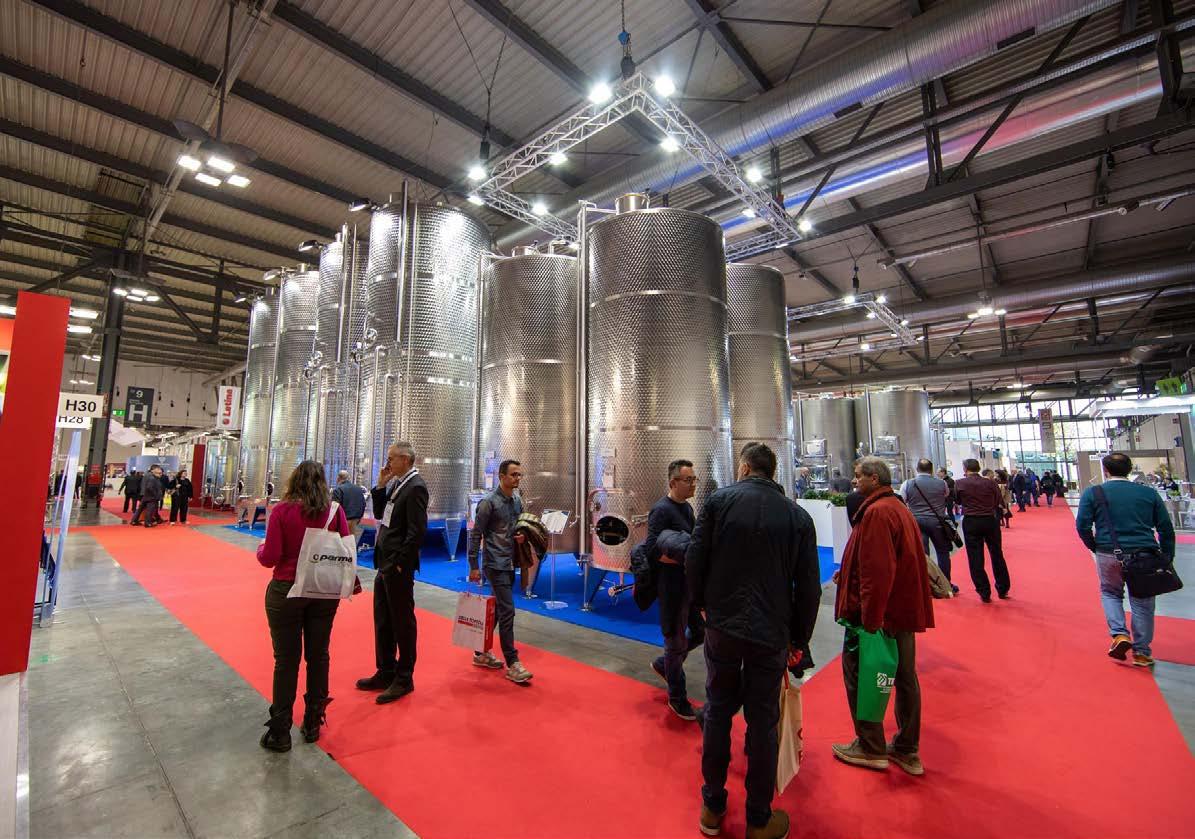
5 minute read
The world of wine and beverage technology meets at SIMEI
Photo: SIMEI
From 15-18 November, delegates from 36 countries gather in Milan, Italy for the 29th edition on sustainability
More than 400 exhibitors, delegations from 36 foreign countries and about 25,000 trade visitors expected from all over the world.
These are the numbers for the 29th edition of SIMEI, the International Wine and Bottling Machinery Exhibition held by the Italian Wine Union (UIV) that will be bringing all the best of innovation applied to the wine and beverage supply chain to the Fiera Milano exhibition centre from 15-18 November.
A world leader in wine technology, after the forced stop due to the pandemic, SIMEI once again will attract Italian and international trade visitors with four days dedicated to the most interesting solutions for wine, liquid food, oil, beer and spirits. Green business models and processes will in play the leading role in the 2022 edition, which focuses on the ecological, social and economic development of the sector, starting from the events calendar. On Tuesday 15 November, the Sustainable Wine Roundtable will be presenting a report on the technological solutions vital to make wine production truly sustainable, and then the next discussion will move on to discuss the potential of a ‘Global Reference Standard’ for the world of wine.
Also, on Wednesday 16 November, the Unione Italiana Vini, Assobibe, Assobirra and Mineracqua will be taking stock of energy self-sufficiency in liquid food, with an overview of Italian best practices, while the UIV’s ‘sustainability cafés’ will be holding daily ‘sustainability pills’ with different guests each time. On the award front, the Innovation Challenge returns, the competition for technological innovation in the sector. For the first time, the ‘Technology Innovation Award SIMEI 2022’ and the ‘New Technology SIMEI 2022’ will be accompanied by the ‘Green Innovation Award SIMEI 2022’.
This will recognise the most effective and promising solutions in the field of climate mitigation, the circular economy or water and energy consumption, as provided for by EU regulation 2020/852 of 18 June 2020.
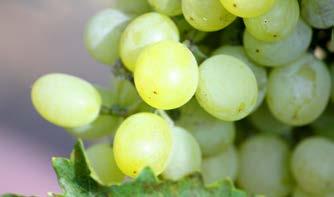
French wine output to rise 18% after early harvest
Wine production in France this year should reach 44.6 million hectolitres, 18% above last year’s frost-ravaged output, the farm ministry said in October as harvesting started early due to dry summer conditions drawing to a close. This was above the ministry’s forecast of 44.0 million hectolitres a month earlier and 4% above the five-year average. The harvest in the Champagne region ended about 12 days earlier than its 10-year average, with total output expected to almost double from last year due to favourable weather conditions, reported Yahoo! Finance.
China’s ambassador appeals for ‘quiet diplomacy’
In his latest remarks, China’s ambassador in Canberra, Xiao Chan, has expressed frustration over how long it is taking to repair China-Australia relations, appealing for the Australian Government to use quiet diplomacy on sensitive human rights issues such as China’s treatment of Uyghurs in Xinjiang and the Taiwan independence movement. SBS reported that Xiao said one way to accelerate progress on the relationship would be for Australia to avoid talking publicly about China’s policies - and instead raise the concerns privately.

EU naming regulations block Finnish domestic “wines”
Finland could very well see its very own vineyards in the coming years, depending on if it is able to tackle EU regulations. Currently, wine made from grapes grown in Finland cannot be labelled as “wine” because it is not a wine producing country under EU regulations. Instead, the bottle label can say “mild alcoholic beverage produced from grapes by fermentation”. A report from broadcaster YLE said climate change has lengthened the growing season and raised the average temperature in Finland, prompting more vineyards to grow winegrapes.
ProWine Singapore to be held annually on strong success
Staged in early September after the lifting of COVID-19 travel restrictions, ProWine Singapore has become the only major sourcing platform for south-east Asian countries and will be held from now on as an annual event instead of biennial trade fair. Vino Joy News reported that this year’s four-day fair ended on a high note, bringing together 230 exhibitors from 27 countries and regions to meet with 8,500 visitors from around the world, representing almost a 20% increase in visitors compared to the last edition held in 2018.
Napa lawsuit plants seeds of doubt
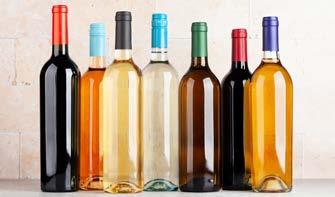

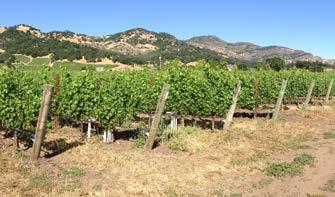
What does the verb “to plant” actually mean? The answer may be decided in a California courtroom, with huge implications for the future of Napa Valley. Wine-Searcher reported that a successful high-end winemaker filed an interesting lawsuit against Napa County last week, claiming that it doesn’t have the right to stop him from installing a vineyard on a hillside because he didn’t move any earth to do it.
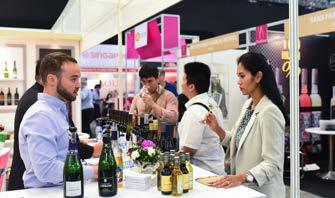

Winemakers focus on quality in breaking into canned wine
Canned wine is seeing slow but steady growth in South Africa, but winemakers championing alternative formats are focusing on quality in order to convert domestic consumers. Alternative formats possess a short history in South Africa’s winelands. Trizanne Barnard, founder of Trizanne Signature Wines, told the Drinks Business the country’s producers were “still in the starting block” when it comes to canned wines and alternative formats.
Can the Nordic alcohol monopolies turn the drinks world green?
Sweden’s Systembolaget, Finland’s Alko, Norway’s Vinmonopolet, Iceland’s Vínbúðin and the Faroe Islands’ Rúsdrekkasøla Landsins have collectively announced a plan to become beverage business leaders in sustainable development. Meininger’s reported that the specific target is for 2030 CO₂ emissions to be half their 2019 levels. This will involve actions at every stage of the production, packaging and distribution processes and will involve consumers as well as industry professionals.










